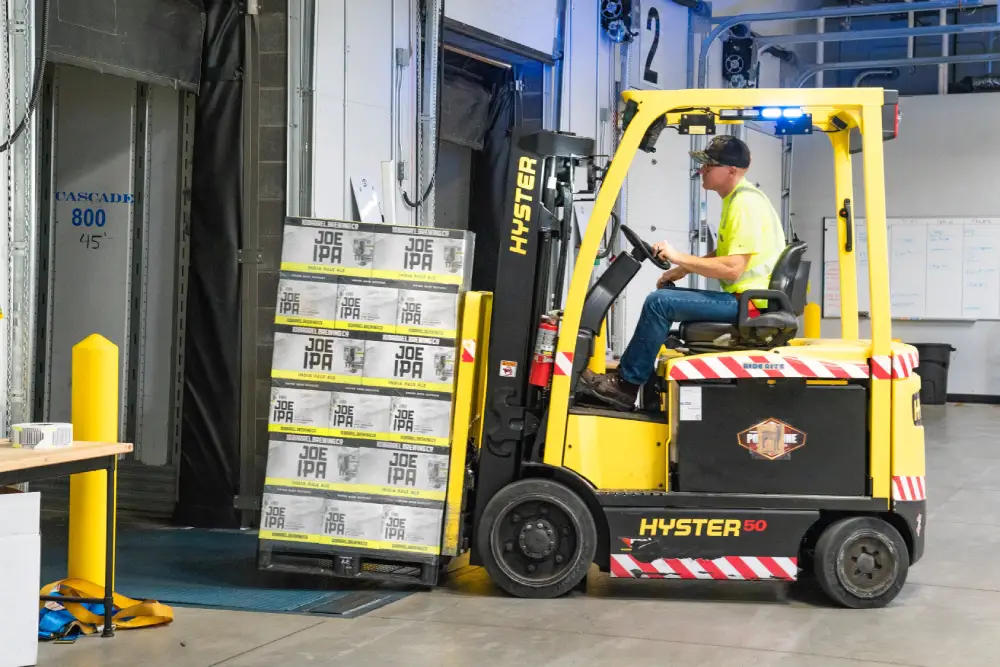
The Logistics sector is facing many challenges, both because of Brexit and the global pandemic, together with changing customer demands and the rapid expansion of e-commerce. The need to overcome these challenges is driving many companies to innovative solutions.
Here we look at the ways Logistics companies can recoup some of the costs of innovation through R&D tax relief.
What is R&D Tax Relief?
Successive governments have used R&D tax relief to incentivise companies to invest in innovation by offering reduced corporation tax, and in some cases cash credits, to innovative companies. The relief can be worth around 21.5% of qualifying costs for tax-paying companies and is a vital source of support for many claimants.
Who can claim R&D Tax Relief?
R&D tax relief is available for companies seeking to advance technology by creating or improving products and processes. Many eligible companies do not claim the relief they are entitled to because they over-estimate the level of innovation required. Commercially driven innovative solutions to industry challenges often leads to projects which qualify for R&D relief.
Innovation in the Logistics sector
Many solutions are technology related, with Logistics companies turning to software to help with supply chain management, stock management, warehousing, ERP and CRM systems. New or improved software development can be eligible for R&D relief where the software being created goes beyond the capabilities of existing software.
An example of a claim recently completed by the Radius team was for a Logistics company who development a new system for warehousing and fulfilment, to integrate the process from order receipt through to delivery. This required the development of bespoke software to integrate with complex legacy systems.
Other solutions can be around manufacturing improved transport solutions, for example the Radius team have recently completed claims for a trailer manufacturer developing a novel trailer with simplified loading and unloading capabilities.

Darryl Hoy
Darryl is the Technical Director of the Radius team. He is a specialist in Research & Development tax reliefs, having previously worked at HMRC as an R&D Tax Inspector.
View my articles